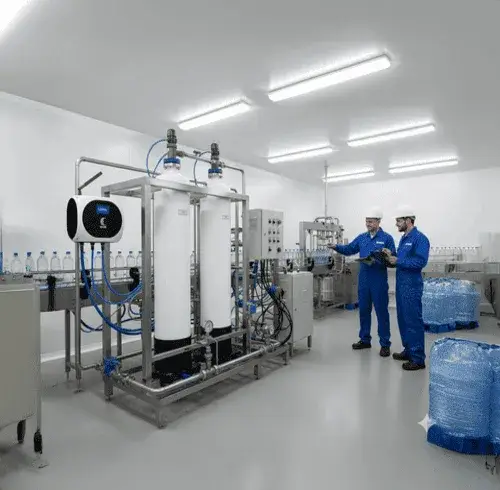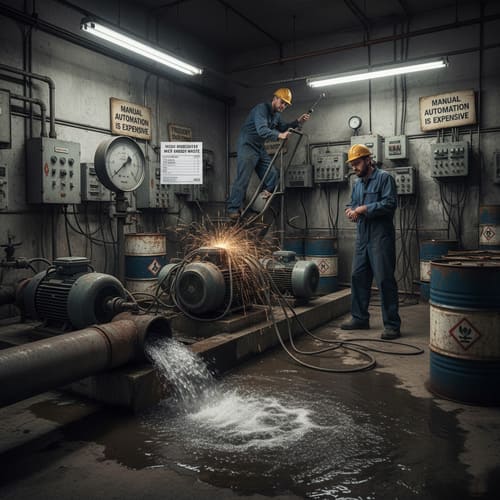- Home
- Solutions
- Services
Industries
Technology
Applications
- Aquaculture
- Landscape and Horiculture
- Golf Courses and Sports Fields
- Industrial Automation
- Environmental Monitoring
- Urban Water Management
- Sustainable Living Solutions
- Swimming pool and Spa Industry
- Hydroponics and Aeroponics
- Remote Sensing and Telemetry
- Research and Developement
- Wastewater Treatment
- Products
- Company
- Resources
- Contact
- Home
- Solutions
- Services
Industries
Technology
Applications
- Aquaculture
- Landscape and Horiculture
- Golf Courses and Sports Fields
- Industrial Automation
- Environmental Monitoring
- Urban Water Management
- Sustainable Living Solutions
- Swimming pool and Spa Industry
- Hydroponics and Aeroponics
- Remote Sensing and Telemetry
- Research and Developement
- Wastewater Treatment
- Products
- Company
- Resources
- Contact

